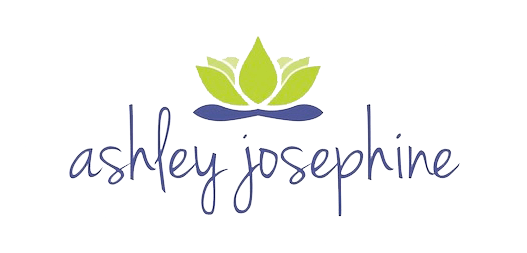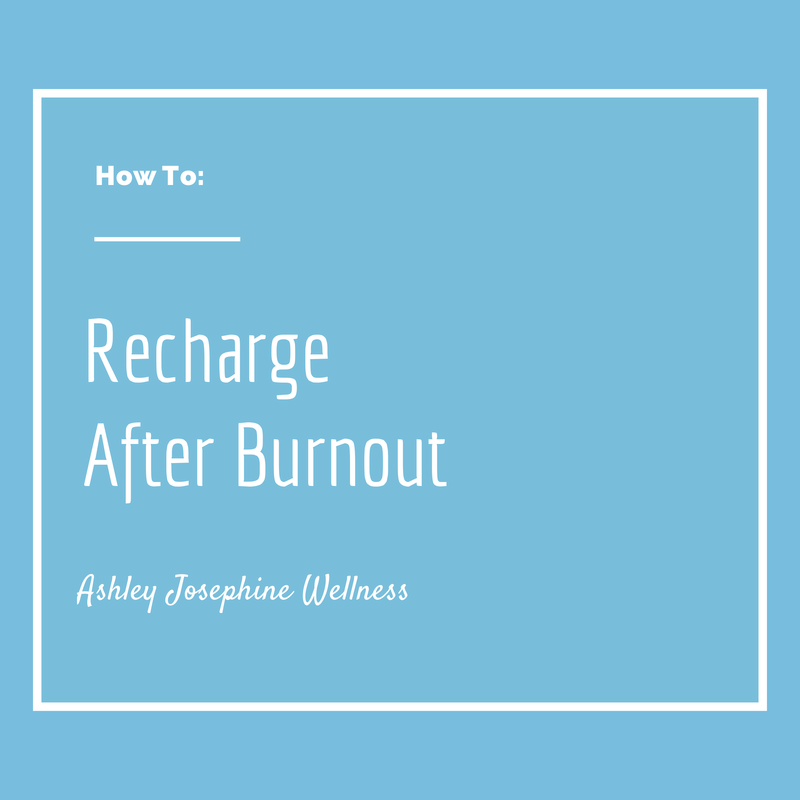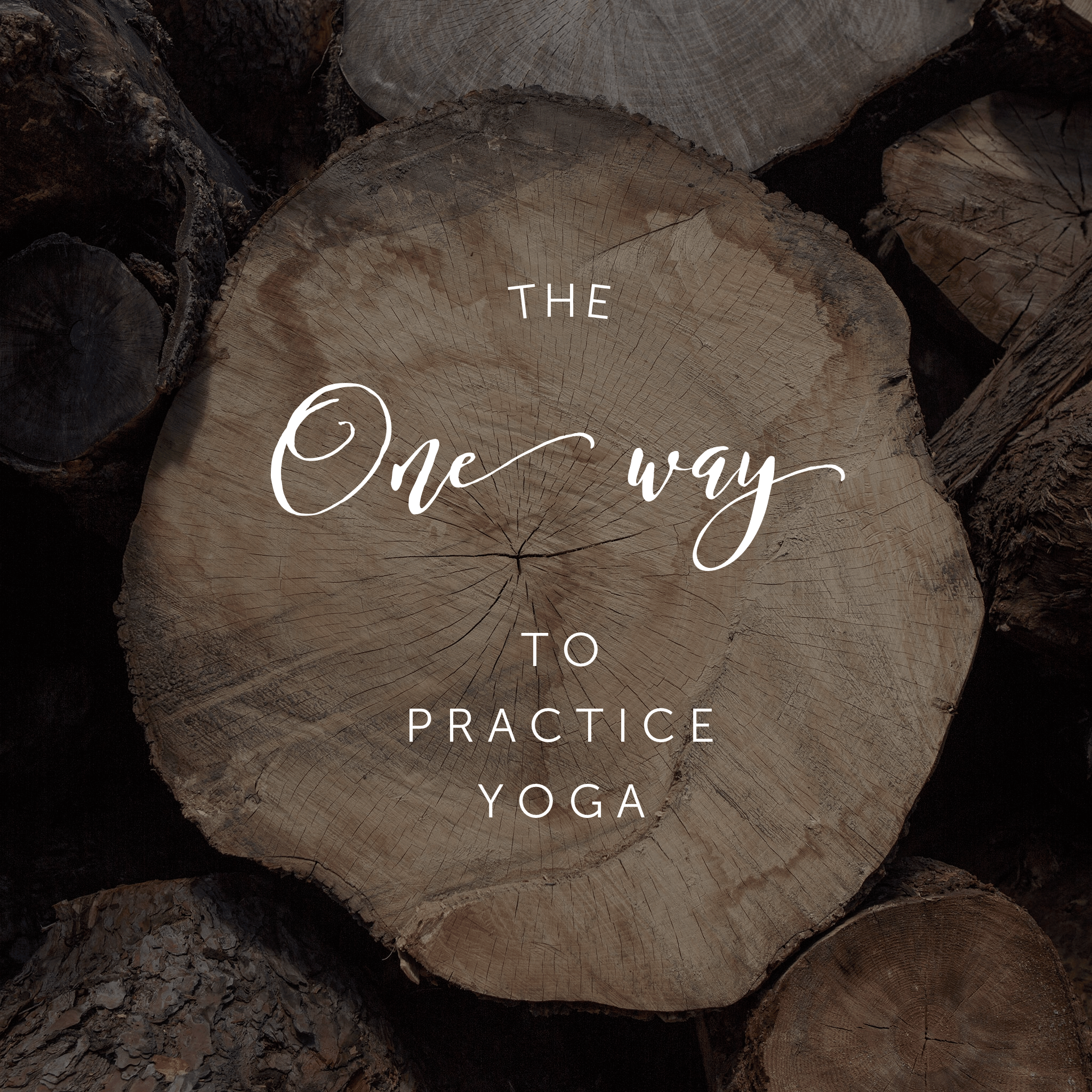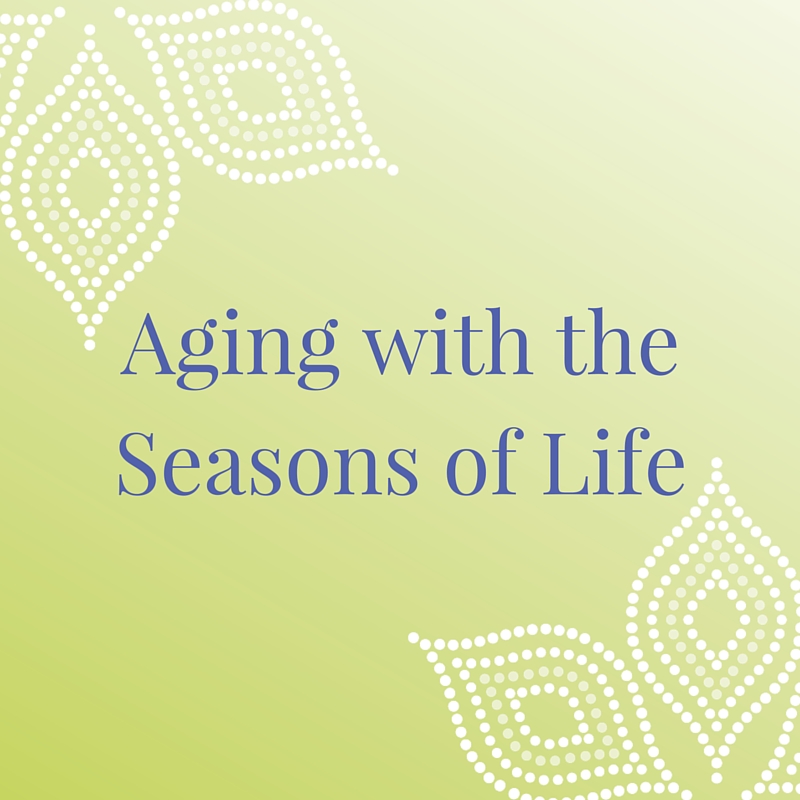2013 Wellness Challenge Week 36: Truth
As some of you are aware, I’m cleansing again. Cleansing is a perfect opportunity to practice truth, also known as Satya in Sanskrit and one of the guiding ethical principles of the yogic lifestyle. In fact, cleansing is really about rinsing away all the distractions of our life to uncover and face our true truths.
It’s amazing how depriving yourself of food that you love or eat on a regular basis really brings out the truth in your life. The truth is food is intricately linked to our emotions.
How We Abuse Food
At its core, food is meant to supply us with the necessary energy we need to accomplish our daily responsibilities. Most of us have strayed so far from that reality in our relationship with food – it’s become about the taste and so much more. In fact, many people use food as a way to soothe anxiety, sadness, or other intense and negative emotions. This can lead to weight gain, which certainly adds physical stress to the body, but also increases mental and emotional stress related to self-esteem and a lack of confidence in self-image. It becomes a negative cycle that is really hard to break.
Others eat socially and find themselves eating an overall healthy diet but indulging when out with friends, at others’ houses, or in restaurants. Unfortunately for social butterflies, social eating can become an actual way of life if frequent outings constitute the majority of your meals.
These are pretty well accepted methods of using and potentially abusing food, at least in the Western world, but when you look a level deeper, food is really a mask. We reach for it in times of need because we’re scared and afraid to examine the underlying emotions. We’re afraid to confront complex issues in relationships so we use food to placate, make-up, and hide.
And yet, food also brings us joy. It seems counterintuitive to remove the sources of joy in our lives (like in a cleanse, for example), especially if removing said source will make us feel really miserable.
The Truth About Cleansing
Cleansing is often marketed as a program to help you lose weight and feel amazing. The truth is, while this is very possible, it really sucks. Espeically if you don’t eat super clean and healthy, the detox symptoms are intense for many and really rough on the mind. So often it becomes a battle of willpower to keep going – to eat fruits and vegetables that sound so incredibly unappetizing, to continue feeling like crap when all you want is bread, milk, cheese, and a slice of pie.
When we take these common allergens away from our diet, we’re left with no more mask, no more excuse for hiding. We must face the truth. And oftentimes it’s really ugly.
My food truth is quite complex, and my guess would be that I’m not alone.
What My Seventh Cleanse Has Taught Me About My Truths
1. Food Makes Me Feel Like I Belong
What my seventh cleanse has taught me is that I eat food socially and it makes me feel like I belong to a group, like I’m connected to others when I’m able to share food. At the same time, I like to be different and there is an inherent streak of rebel in me. This means that when I encounter people who don’t eat as healthily as I would like to eat, I make it a point to let it be known that my food is healthy. Annoying, I know. This ends up alienating me and making me feel less connected. The easy solution would be to find new friends, but my current situation makes it a bit difficult to find anyone who has a similar lifestyle to the one I maintain and strive for.
I have a deep connection to sharing food with others to feel connected, but my desire to be healthy actually alienates me from my group of people. This creates sadness and anxiety, which often results in my making poor eating decisions of the Ben & Jerry’s variety.
The post-cleanse solution? Live life out loud, but not in a pushy, in-your-face way. Live by example and trust (there’s that word again) that providing an example is enough and doesn’t require added lip-service. My boyfriend kindly suggested I make healthy food and just not tell anyone it’s healthy. Let them decide for themselves and engage in conversation if they wish, but tone down the rebel and invite in a sense of mystery.
2. Food Is My Go-To Celebration
The second truth I know about myself is I use food to celebrate. I’m not just talking birthday parties and holidays. As a business owner, it’s important to celebrate even small wins. The emotional highs and lows are worse than the nastieset roller coaster, so celebrating any win at all reinforces that I’m on the right track. This normally results in a trip to Starbucks for chai and some type of baked good, or worse, cupcakes. I love this indulgence, but it’s also expensive and counterproductive to my healthy lifestyle goals.
Post-cleanse solution? Find a celebration alternative. I’m experimenting with celebration rituals – whether that involves a healthy snack or some other non-food activity is yet to be determined. Maybe I make my own chai, indulge in a good cup of tea or give my self extra time at the end of the day to enjoy the company of others. Whatever it is, shifting celebration from one of “treat” food consumption will require extra work, but hopefully pay off in the long run.
3. Moderation Is My Downfall & Deprivation Breeds Resentment
Finally, the last thing I know to be true about myself is that moderation is not my forte. I say this for me personally – while, I’m not the type to down an entire bag of potato chips or carton of cookies, I do have a problem saying no to food that is put in front of me. If I bake a dozen cupcakes, I’ll enjoy one right out of the oven, try and give the rest away and somehow fail, have four leftover and proceed to devour those four in the next two days. Or, I’ll buy a pint of Ben & Jerry’s and I’ll eat half of it in one sitting and the next half the next day. That’s just a fact and my addiction to sugar is such that I have very little power to stop it. The only thing I can do is keep it out of the house in the first place.
But what I’ve disvocered during this cleanse is that deprivation also causes resentment. Depriving myself of foods makes me resent the fact I can’t have them, which makes me start plotting how I’m going to devour them the second the cleanses or deprivation period is over. This sabotages the whole healthy process.
Knowing that deprivation isn’t a long-term solution but moderation isn’t my forte, I’m stuck in a catch-22 and faced with another large lifestyle decision. Either learn how to moderate OR let go of the resentment inherent in deprivation.
Post-cleanse solution? Practice moderation each and every day and work on reframing deprivation to integrate a healthier balance into my food relationship.
Trusting the Truth Means Living In Uncertainty
At the end of the day, the truth of my cleansing experience is I have trouble trusting the process. I’m still uncertain if cleansing is the right path for me, and am leaning more toward the “learn how to moderate and create balance in your food relationship” path than the full-blown “eliminate all allergens and foods you love” path.
Intellectually I absolutely understand the benefits of cleansing, but on the physical and emotional level, I get stuck.
Cleansing is wonderful for finding the truths in you life. Finding the truths in your life are absolutely necessary for self-improvement and to find more balance, love ,and appreciation for what you have. It’s a spiritual experience, but it’s also one of the hardest things to do in life.
This is why so many of us run away from the truth.






